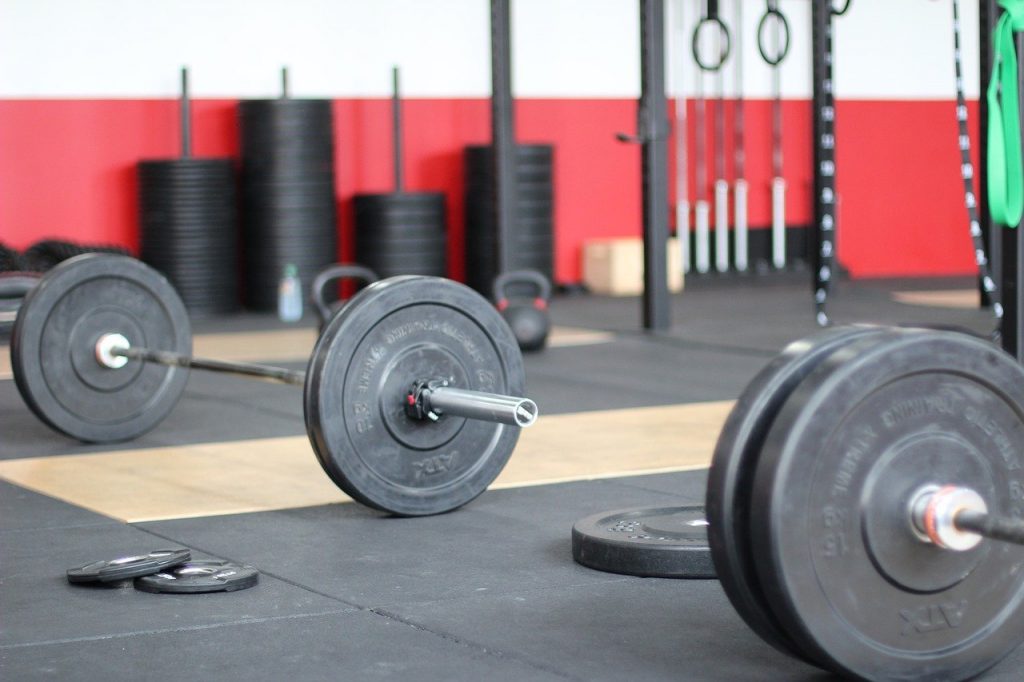In a controversial decision, New Zealand’s Laurel Hubbard is the first transgender athlete to compete at the Olympics. Following recent changes to qualifying requirements, officials picked her for the women’s weightlifting team for Tokyo 2020.

Hubbard previously competed in men’s events before coming out as transgender in 2013. The 43 year old athlete will now compete in the women’s 87kg weightlifting category. She became eligible to compete at the Olympics after the International Olympic Committee (IOC) changed its rules in 2015. Transgender athletes are able to compete as women if their testosterone, the hormone increasing muscle mass, is below a certain level.
While some argue a need for more inclusion at the Games, many criticise Hubbard as having an unfair advantage.
Hubbard says she is “grateful and humbled by the kindness and support” she is given by so many New Zealanders.
Controversial decision
Gender identity in sport is a sensitive and complex issue, it requires a balance between human rights and fairness.
Hubbard’s testosterone levels are below the required threshold. But some still say her participation in the Olympics is unfair on athletes born as female. People going through puberty as males will have biological advantages, such as higher bone and muscle density.
Belgian weightlifter, and fellow competitor, Anna Vanbellinghen, claims it is unfair for women if Hubbard competes in Tokyo. She says it is “like a bad joke”. Although she fully supports the transgender community, she feels inclusion should not be “at the expense of others”. As someone who trains in weightlifting at a high level she knows “this particular situation is unfair to the sport and to the athletes”.
Advocacy group Save Women’s Sport Australasia also argue against transgender athletes competing in women’s competitions. They say the IOC policy is flawed to allow “selection of a 43-year-old biological male who identifies as a woman to compete in the female category”.
But New Zealand’s government and the top sporting body in the country both back her inclusion in the upcoming Olympics.
The New Zealand Olympic Committee argue that Hubbard is one of the world’s best in her event, and she meets the eligibility criteria. The chief executive Kereyn Smith says the New Zealand team have “a strong culture of ‘manaaki’ and inclusion and respect for all”.
Richie Patterson, the head of Olympic Weightlifting New Zealand, says Hubbard has shown “grit and perseverance” to recover from a career-threatening injury in 2018. He looks forward to supporting her as she prepares for Tokyo.
Thank you for reading Laurel Hubbard: First Transgender Olympic Athlete

Looking for a storage solution for your garden furniture, tools and belongings? Look no further – Garden Sheds at affordable prices.